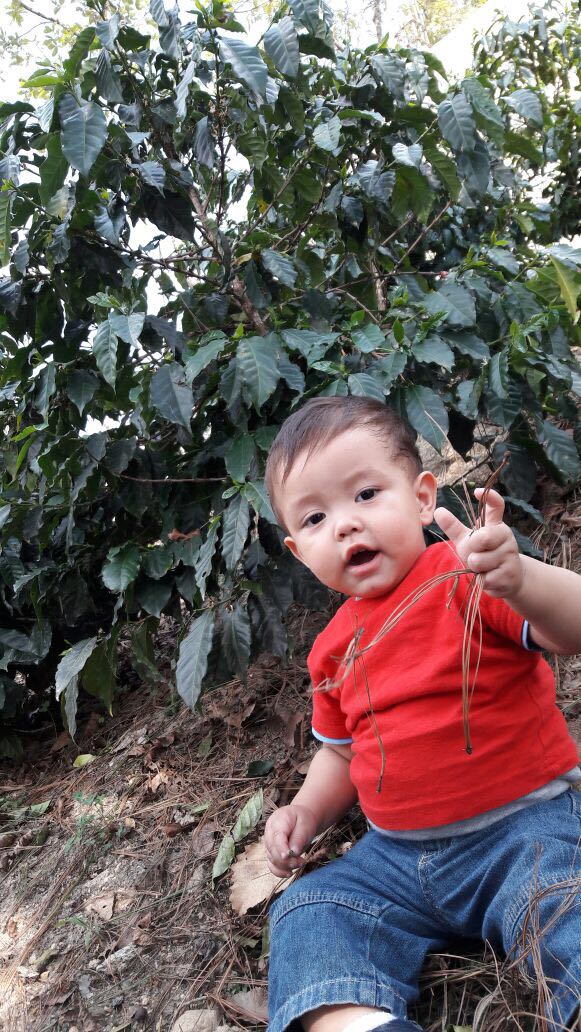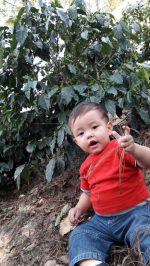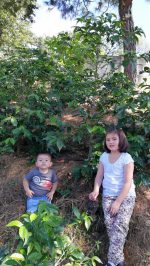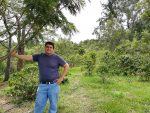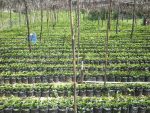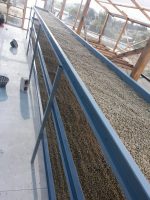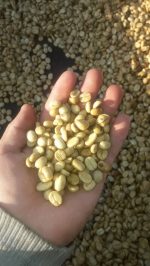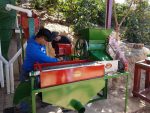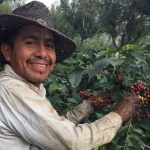88
Los Aguacatones farm started as an avocado planting project in 2009, thanks to the efforts and agronomic experience of more than 30 years of the Morales family and the initiative to obtain the best genetics in avocado trees. At the same time that the avocado planting started, another experiment begun to plant coffee trees at 2,000 meters above sea level.
With challenges, unfavorable conditions in the soil and the adverse microclimate for harvesting, not only coffee, but also avocados.
A year later there was a fire that ended almost completely with the avocado trees, leaving very few alive. This became a challenge for the Morales family and they decided, based on what they experienced with the first coffee plantings, to turn it into a coffee plantation.
For this, the soil was improved. The native trees of the region were left and suitable shade trees were planted for this crop such as Chalum and Gravileas. High quality plants were selected in order to obtain the best organoleptic characteristics and thus be able to enter the competitive and demanding world of the best coffees. In accordance with current ecological trends and at the same time contributing to the reforestation that is so necessary for the region.
Another important element in the development of the farm has been the creation of sources of rainwater capture (capture tanks) and artisanal wells to store enough water for drip irrigation during the summer season which is normally over a 6 month period.
Los Aguacatones farm is focused on producing high specialty coffees using different processes such as: washed, honeys and naturals. In order to satisfy the most demanding palates in the specialty coffee industry.
In the year 2017 the farm participated in the Cup of Excellence Program, reaching National Winner. We achieved the 8th place in the Cup of Excellence 2018
These awards motivated us to work harder and invest in more water capture tanks so that this year we would achieve the maximum flavor potential in coffee.
We implemented new drying techniques in bunk beds with shadows of zaran, taking up to 15 days to slowly dry the parchment, as well as new varieties like Geisha and Pacamara for future years.
| Rank | 13 |
|---|---|
| Farm Name | Los Aguacatones |
| Farmer/Rep. | De La Peña Illescas, Rosa Maria |
| Altitude | 4000 to 5000 feet |
| Country | Guatemala |
| Year | 2019 |
| City | La Esperanza |
| Region | Huehuetenango |
| Program | Guatemala 2019 |
| Aroma/Flavor | Honey, tamarinde, blood orange, pommgrenate, raspberry, japanese matcha, jazmin, rose, lyche |
| Acidity | Balanced and round, sweet citric, bright, tangarine |
| Other | Round, long aftertaste |
| Processing system | Washed |
| Variety | Typica |
| Farm Size | 8.07 hectares |
| Auction Lot Size (lbs.) | 1134.82 |
| Auction Lot Size (kg) | 514.75 |


